172 CD / Louis Spohr
Description
"A demanding and highly musical chamber music CD" (Pizzicato).
4 reviews for 172 CD / Louis Spohr
Füge deine Bewertung hinzu
You must be logged in to post a review.
Ähnliche Produkte
-
028020002Einwilligung verwalten
Um Ihnen ein optimales Erlebnis zu bieten, verwenden wir Technologien wie Cookies, um Geräteinformationen zu speichern und/oder darauf zuzugreifen. Wenn Sie diesen Technologien zustimmen, können wir Daten wie das Surfverhalten oder eindeutige IDs auf dieser Website verarbeiten. Wenn Sie Ihre Einwillligung nicht erteilen oder zurückziehen, können bestimmte Merkmale und Funktionen beeinträchtigt werden.
Funktional Always active
Die technische Speicherung oder der Zugang ist unbedingt erforderlich für den rechtmäßigen Zweck, die Nutzung eines bestimmten Dienstes zu ermöglichen, der vom Teilnehmer oder Nutzer ausdrücklich gewünscht wird, oder für den alleinigen Zweck, die Übertragung einer Nachricht über ein elektronisches Kommunikationsnetz durchzuführen.Präferenzen
Die technische Speicherung oder der Zugriff ist für den rechtmäßigen Zweck der Speicherung von Präferenzen erforderlich, die nicht vom Abonnenten oder Benutzer angefordert wurden.Statistiken
Die technische Speicherung oder der Zugriff, der ausschließlich zu statistischen Zwecken erfolgt. Die technische Speicherung oder der Zugriff, der ausschließlich zu anonymen statistischen Zwecken verwendet wird. Ohne eine Vorladung, die freiwillige Zustimmung deines Internetdienstanbieters oder zusätzliche Aufzeichnungen von Dritten können die zu diesem Zweck gespeicherten oder abgerufenen Informationen allein in der Regel nicht dazu verwendet werden, dich zu identifizieren.Marketing
Die technische Speicherung oder der Zugriff ist erforderlich, um Nutzerprofile zu erstellen, um Werbung zu versenden oder um den Nutzer auf einer Website oder über mehrere Websites hinweg zu ähnlichen Marketingzwecken zu verfolgen.

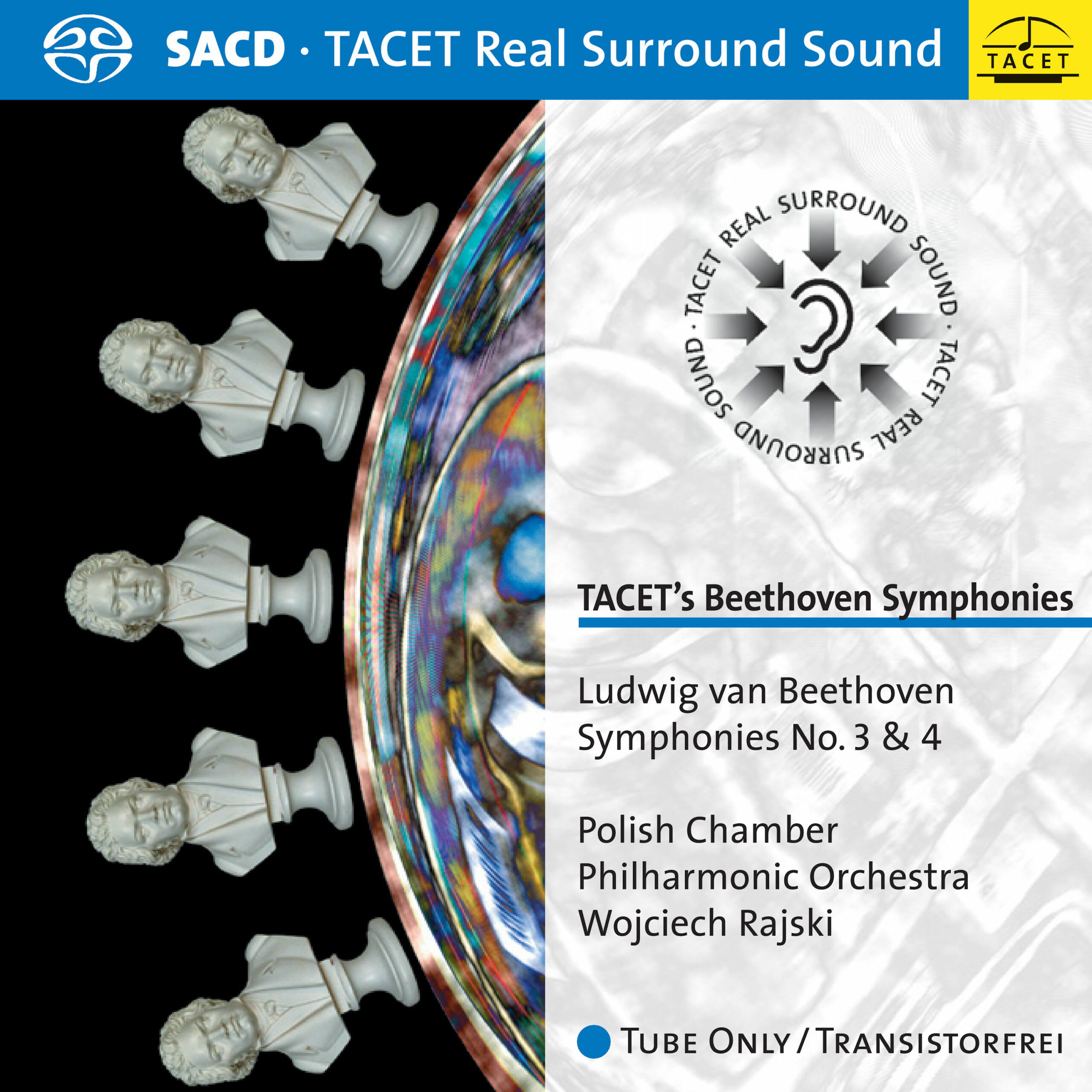
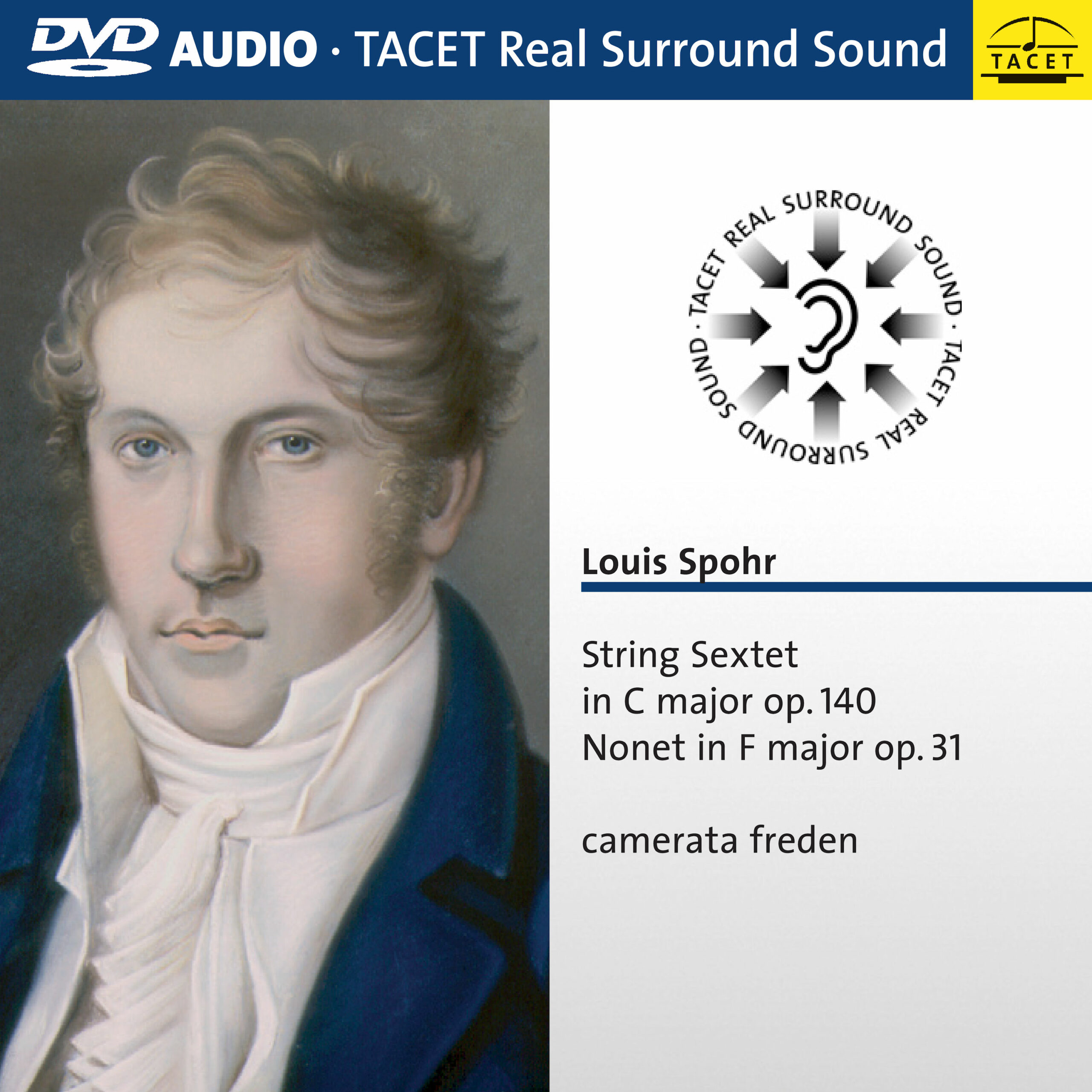
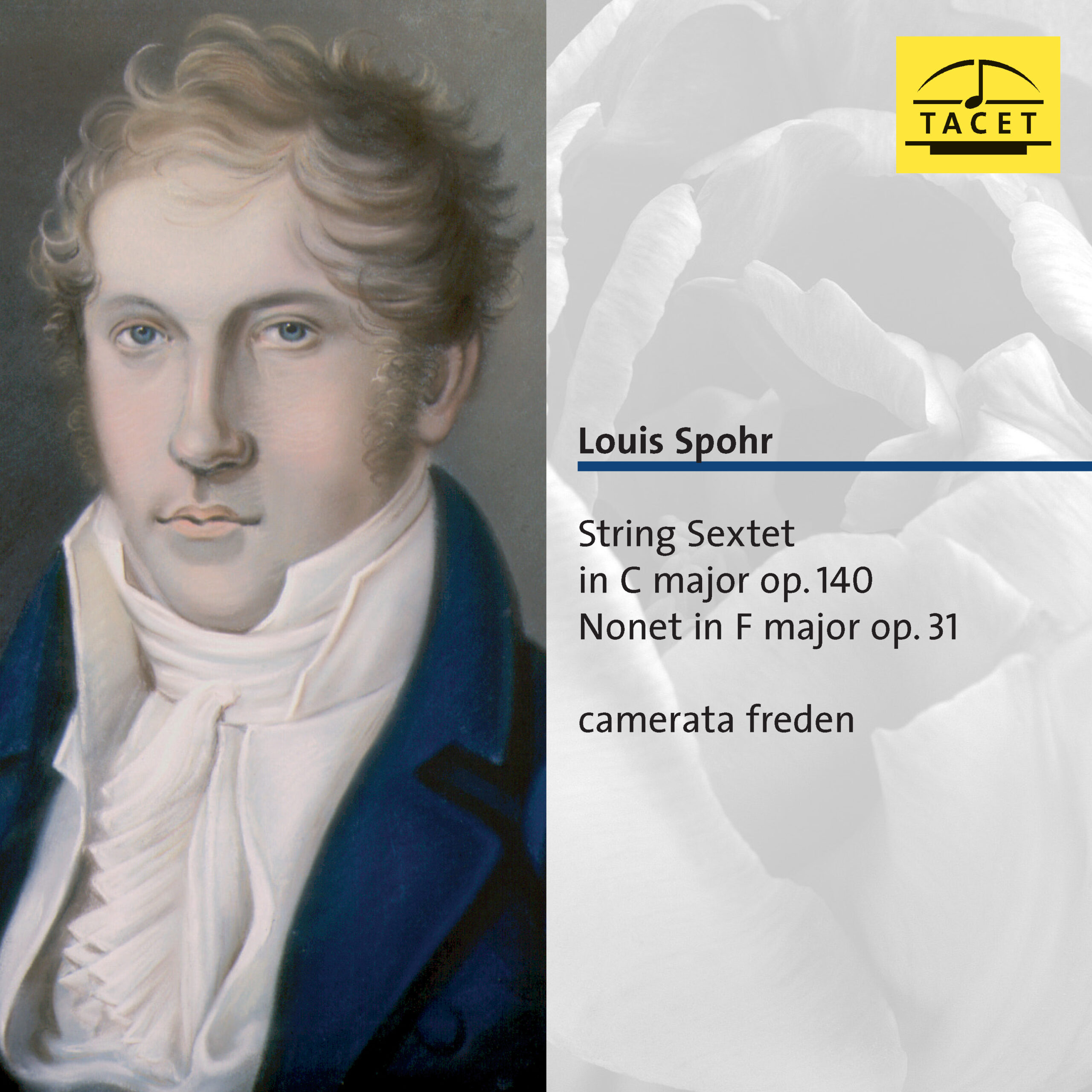
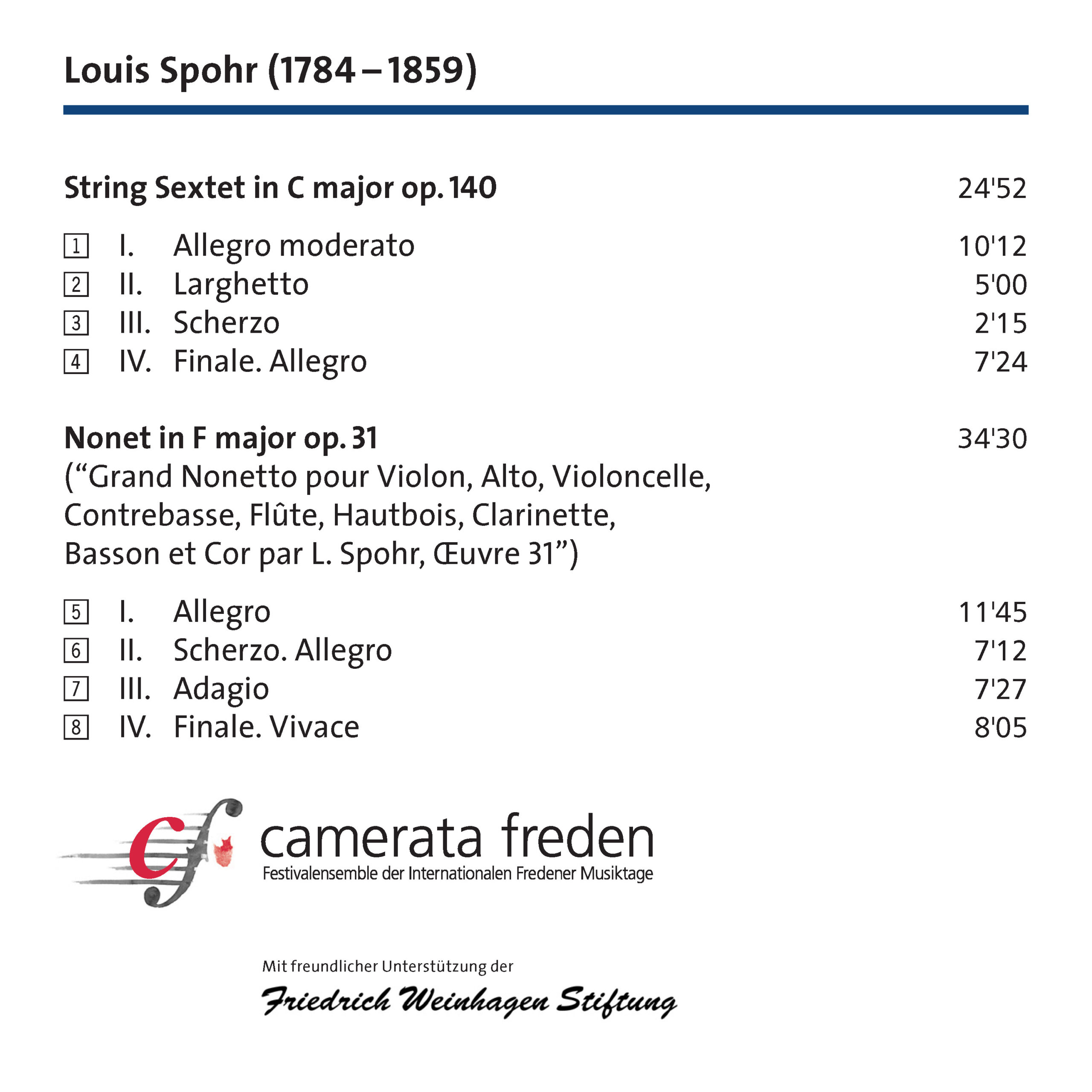
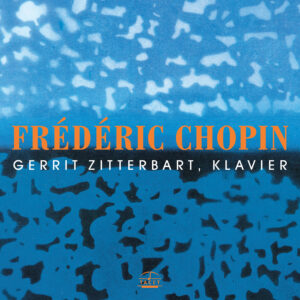
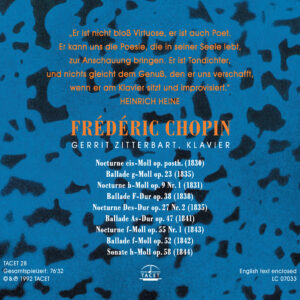
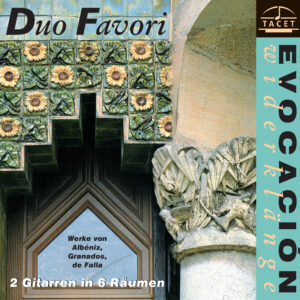
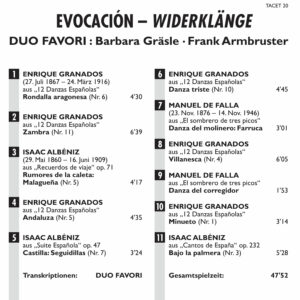
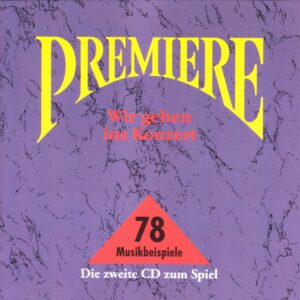
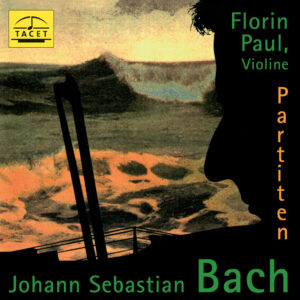
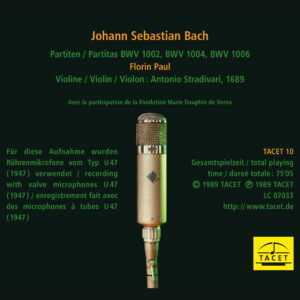
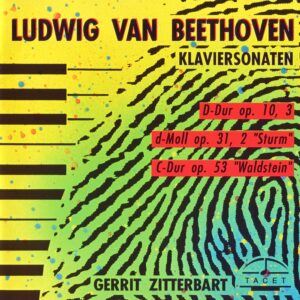
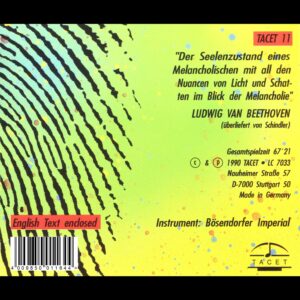
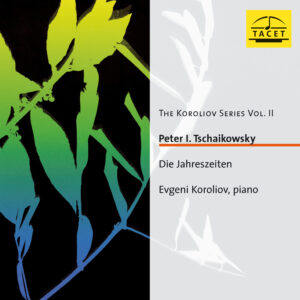
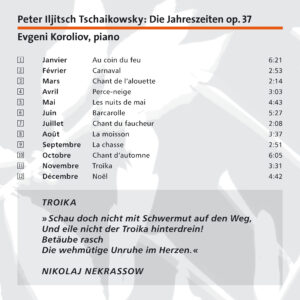
zeitzeichen –
The international Freden Music Days are a wonderful exception in the classical music business, which often relies on big names and glamorous productions. In Freden, a small village in the Leinebergland region, they do without all of that. There are no stars, no renowned concert halls, not even programs packed with classical hits that are supposed to guarantee full houses. And the fantastic thing about it: It works anyway!
Every August, for the nineteenth time this year, Intendant Utz Köster and artistic director Adrian Adlam present exquisite works of chamber music in an unusual setting. A tithe barn is used as a venue, as well as a church and the Fagus Factory, a Gropius building in the neighboring town of Alfeld, about fifty kilometers south of Hanover.
The fan base of this rural gem is steadily growing. However, those who want to be convinced of the musical quality do not have to wait until summer. The festival ensemble, the "camerata freden," has already documented its creative power on a series of CDs—the latest of which is a recording of the String Sextet in C Major and the Nonet in F Major by Louis Spohr.
The choice alone testifies to the special taste of the Freden team. The whole world is focusing on the anniversaries of Handel, Haydn, and Mendelssohn-Bartholdy. Even in the Leine region, they will be remembered at the next festival. However, the CD is dedicated solely to Louis Spohr, a native of Braunschweig, who was celebrated throughout Europe during his lifetime as a composer, violinist, and conductor, but fell into obscurity after his death in 1859.
It is simply a mystery why Spohr's death anniversary is rarely mentioned in the same breath as those of his three colleagues. His music deserves better, as it breathes the spirit of classicism and anticipates romanticism. It is precisely this oscillation that makes this CD such a unique listening experience.
The Nonet, written in 1813, is the first example of its genre and evokes good cheer with its gallant Scherzo alone. The Sextet is carried by a lyrical mood, even though Spohr adhered to new political ideas in the year of its creation (1848): "Written in March and April during the glorious people's revolution for the revival of freedom, unity, and greatness of Germany," he noted in his self-compiled catalog of works. The all-around successful recording by the camerata freden encourages one to take a closer look at this catalog.
Ralf Neite
Pizzicato –
Louis Spohr wrote his only string sextet in 1848, "during the glorious people's revolution for the revival of freedom, unity, and greatness of Germany," as the composer himself noted. Spohr biographer Paul Katow has pointed out how these political events inspired Spohr to create "spring-like, youthfully fresh tones of almost orchestral richness." And this is precisely what the differentiated and sonorous interpretation by the Camerata Freden captures.
The Nonet Op. 31 was composed as early as 1813 and, in addition to the string quartet with double bass, also includes four wind instruments: oboe, clarinet, horn, and bassoon. The Camerata Freden performs the work with a keen sense of Spohr's sonic ideas, full of temperament, dance-like, but also very cantabile.
"A demanding and highly musical chamber music CD" (Pizzicato).
RéF
Klassik heute –
The Camerata Freden is known for their committed chamber music performances in larger ensembles. Yet, with each production, the artists surprise with their playful wit, strong cooperative skills, and willingness to champion composers from the classical and romantic periods who are not as easily accessible. Louis Spohr, represented here with his String Sextet Op. 140 and the Nonet Op. 31 for violin, viola, cello, double bass, and wind quintet, remains somewhat overlooked despite the popularity of some of his concertante highlights for violinists and clarinetists—simply because his personality cannot be easily measured against Beethoven or Schubert, nor against Hummel or Weber. That's the catch: Even if something "sounds somewhat similar to x or y," it doesn't say much more than in the case of Mr. Schulze, who buys his bread with very similar words to Mr. Schmidt...
The Camerata Freden follows in Spohr's footsteps in a manner that leaves no room for embarrassment. While one or two upper voices in the strings may not always be as precise as would be required for a perfect score, these minor weaknesses are more than compensated for by the lively and captivating performance of the music—sometimes extremely delicate and touching (Op. 140), sometimes bold and exuberantly sparkling (Op. 31). The Nonet, in particular, has won me over, as its sonic character already resembles the concertino group of the extraordinarily original Seventh Symphony ("The Earthly and the Divine in Human Life"), which I hold especially dear. Moreover, it reveals a spirited essence that can only be grasped if one is willing to listen to it, rather than merely applying the historical context as a measuring stick or falling for posthumous prejudices. Here, they have listened to it, and that is why the result is so rewarding to hear.
Rasmus van Rijn
Audiophile Audition –
Eine virtuose Darstellung, reich an Streich- und Bläserklängen und -texturen, die die Vorzüge eines hochwertigen Soundsystems demonstrieren.
The ten-minute-long first movement of the Sextet for pairs of violins, violas and cello is one of those intersections of musical and audiophile gold where each serves to highlight and illuminate the other. Composed in 1848, it is an outpouring of sweet melody and trilling of which both Schubert of the great String Quintet and Richard Strauss of the Last Four Songs would have been proud. Nothing that follows in the 15 minutes of the Sextet is nearly as spectacular as the first movement, although the second half of the Finale generates some wonderful sounds from, but the first movement is worth the price of the disc itself.
The sumptuous performance by Camerata Freden, the festival ensemble of the Freden International Music Festival, was recorded in the Festival venue, a "rustic tithe barn" which sounds like it might be a German counterpart to the famous Snape Maltings in Aldeburgh (home to many legendary Decca recordings), described in the liner notes as "an idyllic rural setting with massive stone walls and imposing roof structure."
The Nonet for violin, viola, cello, double bass, flute, oboe, clarinet, bassoon and French horn (1813), along with Octet Op. 32, is one of the composer′s happiest chamber music creations, and this is one of its best recordings, rivaling the Berlin Philharmonic Octet recording for Philips (unfortunately, no longer unavailable). The Camerata Freden comes through with a virtuoso performance rich in the string and woodwind colors and textures that demonstrate the merits of a high-quality sound system.
The recordings in conventional stereo are absolutely lovely at low volumes and open up spaciously in a most seductive way as the volume rises. Both are a great testament to Tacet′s art.
Laurence Vittes